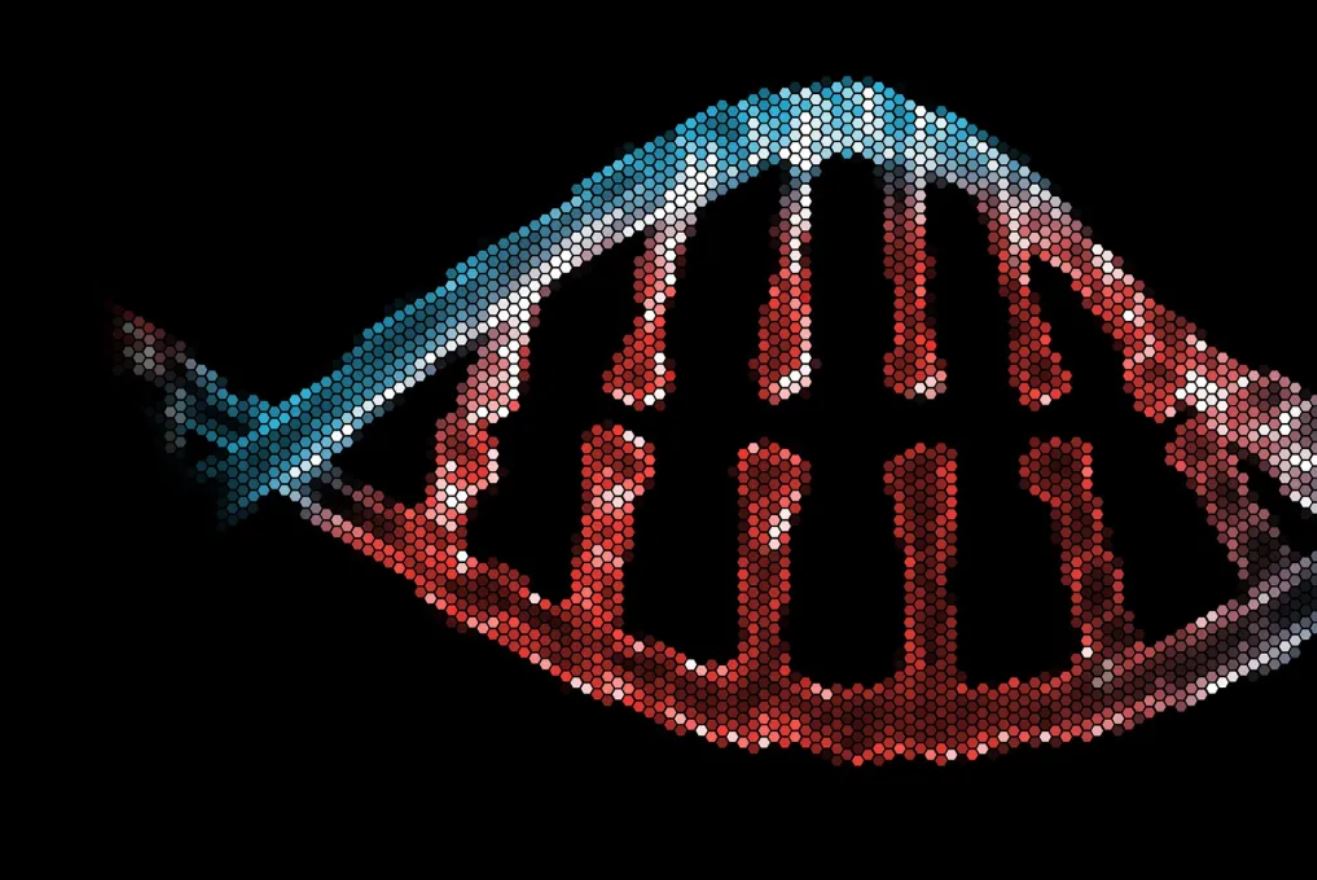 FutureHouse, a nonprofit backed by Eric Schmidt, has introduced Finch — an AI tool designed to speed up biology research. Fresh off the launch of their API and platform, Finch processes biological data like research papers and tackles questions such as “What can you tell me about the molecular drivers of cancer metastases?”
FutureHouse, a nonprofit backed by Eric Schmidt, has introduced Finch — an AI tool designed to speed up biology research. Fresh off the launch of their API and platform, Finch processes biological data like research papers and tackles questions such as “What can you tell me about the molecular drivers of cancer metastases?”
Finch works by executing code to generate figures and analyse results, much like a dedicated research assistant. Sam Rodriques, the company’s co-founder and CEO, compares it to a first-year graduate student. As he puts it, “Being able to do all this in minutes is a superpower,” highlighting Finch’s knack for uncovering unexpected insights during internal projects.
In addition to open-ended inquiries, Finch excels at targeted analysis — for example, handling differential expression and functional enrichment tests on RNA sequencing data to find upregulated genes such as inflammatory modulators. This dual capability means the tool can offer both broad overviews and focused investigations.
FutureHouse, along with other tech innovators and startups, envisions a future where tools like Finch could automate many scientific processes. Leaders in the field, including OpenAI’s Sam Altman and Anthropic’s CEO, believe that advanced AI might soon speed up scientific discovery, potentially even aiding in cancer cure research. Still, many researchers maintain a cautious stance, noting that current AI systems have yet to make a definitive mark on scientific breakthroughs.
The AI revolution in biology is certainly promising. Projections suggest the market might grow from $65.88 billion in 2024 to around $160 billion by 2034. Although some firms like Exscientia and BenevolentAI have faced challenges in clinical trials, and even tools like Google DeepMind’s AlphaFold 3 sometimes deliver inconsistent accuracy, the potential remains immense.
Finch isn’t perfect; occasional “silly mistakes” serve as a reminder that much work remains. To address these issues, FutureHouse is bringing onboard more bioinformaticians and computational biologists to fine-tune the tool during its closed beta phase.








